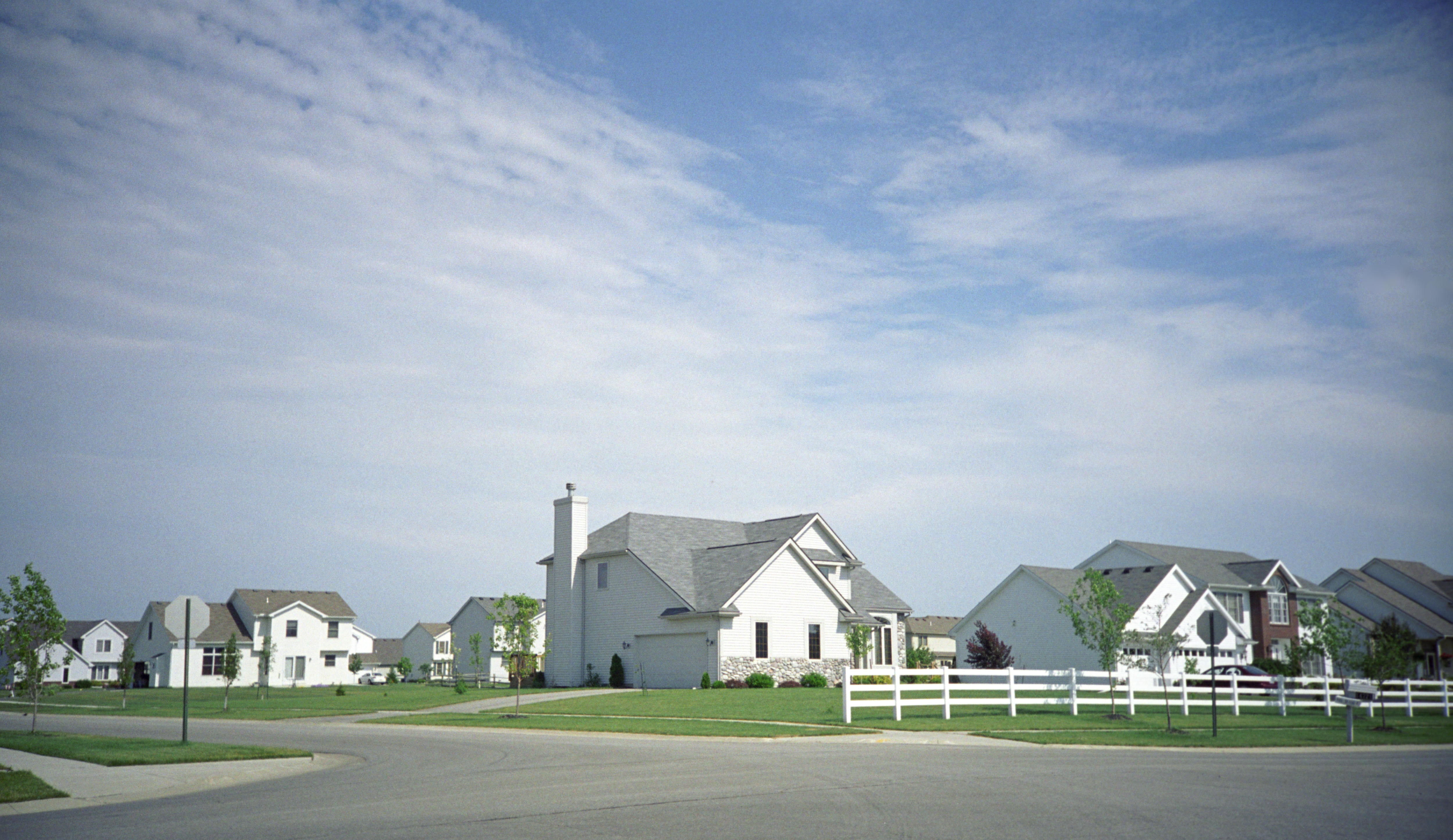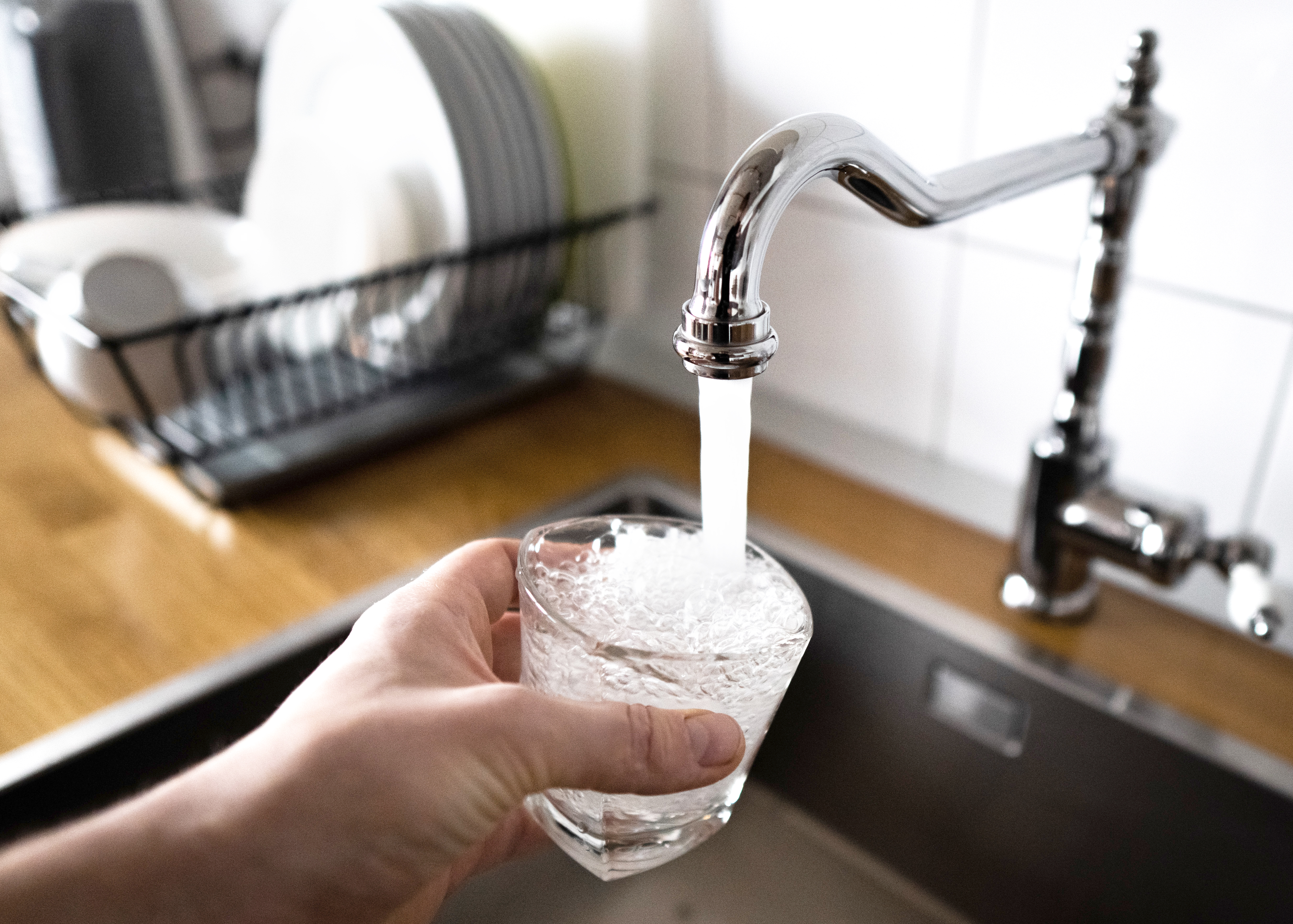
Discover the leading factors affecting your main water line replacement cost in Columbus, including length, material selection, and installation details.
Tackle calcium buildup before it wrecks your water heater entirely


While calcium is safe for humans, it’s not good for your water heater.
Flushing the system or installing a water softener can help prevent calcium buildup.
Higher water temperatures encourage mineral collection, so turn down the heat.
If you notice higher water bills, mineral buildup, or water spots, calcium may be to blame.
While common, having high levels of calcium in your water can spell disaster for your hot water heater. Too much calcium can lead to limescale or hard water deposits that slow your water flow, increase your utility bills, and decrease the efficiency of your home’s hard-working (and expensive) systems.
Keep reading to learn how you can prevent calcium buildup in your water heater—and, in turn, put off the high cost of having to replace your water heater for as long as possible.
From cleaning your system and adjusting your settings to utilizing different types of water filters, there are a few ways you can prevent calcium buildup before it’s too late.
If you have hard water, you should flush and drain your water heater at least twice every year. Doing this will help remove any buildup of mineral particles in your heater, plus help prevent other issues like rust and corrosion.
How to do it depends on your system (like if it’s tank or tankless) and where the valves are located. But in general, start by turning off all electric and gas lines, plus the water heater itself, to avoid any potential issues. Also, shut off the water to the water heater.
Once you’re sure the system is safe to flush, attach a hose to the drain and place the other end in a bucket. Let all the water from the system drain into the bucket. The water may be extra hot, so don protective gear (or wait until it cools down) before draining.
For a more in-depth cleaning than just flushing the system, you can descale it using vinegar. After draining your tank completely and closing the valve, pour a gallon of white vinegar into your tank. Let it sit for at least six hours to allow the acidity time to really do its job.
After the time is up, turn the cold water back on and flush the vinegar out of the system. Once you’re sure the water heater is free of all lingering vinegar, turn the electricity and gas back on.
Hot water concentrates minerals more effectively than cold water, so the hotter your temperature is, the more issues you may see. By turning it down, you can help prevent the calcium deposits from sticking together and accumulating faster.
Ideally, your water temperature should be set at 120°F or below to prevent calcium buildup—and accidental hot water burns. Not to mention, lower temps mean lower energy bills too. A win-win.

One common solution is to install a water softener in your home. But what is a water softener? Well, it does exactly what it sounds like: it softens the hard water in your home so that the mineral deposits don’t build up and lead to costly issues.
There are a few different types of water softeners you can consider, ranging from fairly affordable to pretty darn expensive. Depending on the level of calcium in your water and what type of water purification you want, one or more of the options may work for your needs.
If all else fails, or you don’t want to spend money upfront on a solution that may not work, call a water specialist. They offer a few different services like water testing, setting adjustments, water pressure regulations, annual maintenance, and more that help ensure your system works to its highest efficiency level despite your water hardness.
In some cases, they may offer one or more of the solutions above. But at least you know it’s the right plan of attack. In some cases, they may even help you flush or descale the tank or install a water softener for you.
Depending on where you live, the level of calcium that naturally exists in your environment can vary from a little to a lot. And if it exists in the soil or rock, that calcium can seep into the surrounding water supply.
Although it’s not dangerous for human consumption, it can be bad for your home—especially if there’s so much of it that it starts to collect within your pipes, systems, and appliances.
The biggest difference between hard vs. soft water is the level of minerals. If the level is pretty low, you may not even notice you have hard water. But in most cases, there are a few telltale signs to look out for, like:
Spots on your dishes, sink, or other water-based appliances
Mineral build-up on your faucets
Increasing water or energy bills
Decreasing appliance or system efficiency
Dry and itchy skin or scalp
Clothes feeling rough or itchy coming out of the wash
Residue on your hands or dishes after washing them
If you think you have hard water but aren’t sure, you can get a water test to be sure.
From average costs to expert advice, get all the answers you need to get your job done.

Discover the leading factors affecting your main water line replacement cost in Columbus, including length, material selection, and installation details.

Learn about main water line repair costs in Columbus and what affects pricing to be prepared before you start getting estimates.

Learn how much plumbers cost in Columbus, Ohio. Discover pricing for faucet repairs, pipe work, and emergency services, plus how you can save money.
.jpg?impolicy=leadImage)
Proactive plumbing maintenance can save you thousands and protect your pipes and appliances from unnecessary wear and tear—but how often you need to schedule plumbing maintenance depends on a few factors.

Cutting pipes can be easy, but this job requires some safety measures. Learn how to cut metal pipes quickly and safely for any plumbing project.

Extend the life of your appliances by installing a water pressure regulator—here is why this valve is essential in your home.